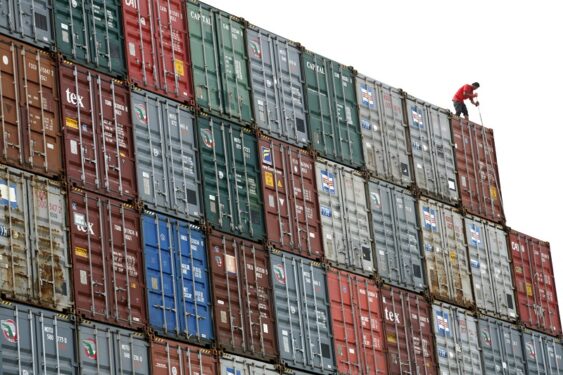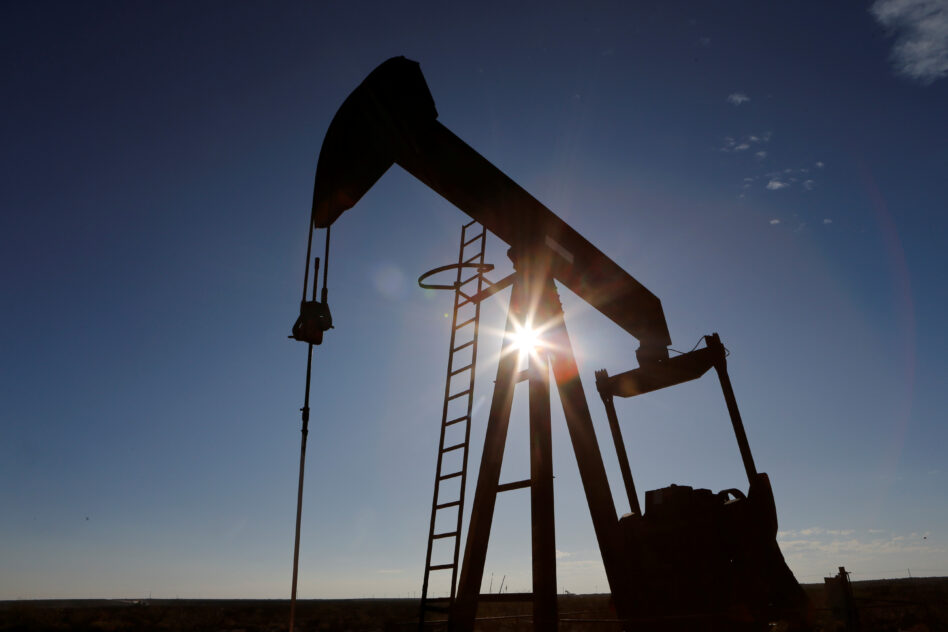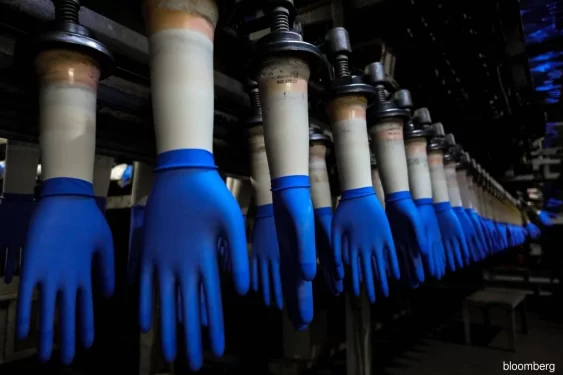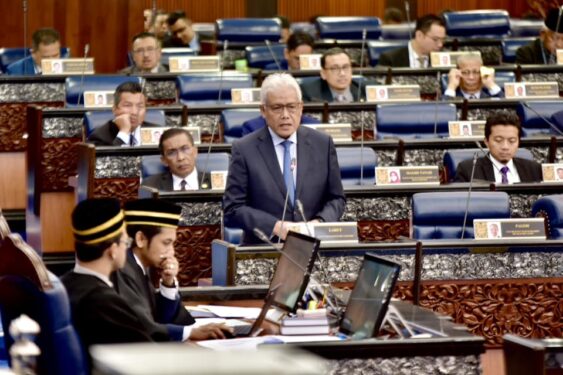THERE is a greater need for regional cooperation in order to identify chokepoints in the distribution of COVID-19 vaccines, emphasised the Pacific Economic Cooperation Council (PECC).
According to its latest ‘State of the Region’ report that was released this week, the distribution of the approved vaccines is going to require enormous transportation resources and vast policy coordination, as it needs to fulfil different storage and logistics protocols.
Places that lack adequate infrastructure would have the hardest time to meet requirements for special equipment and training.
Additionally, the World Health Organisation (WHO) estimates that up to 50% of vaccines are wasted globally every year with a large part of it caused by lack of temperature control and inadequate logistic measures to support an unbroken cold-chain.
PECC co-chair Ambassador Don Campbell said, “The speed at which the vaccines are being developed is nothing short of amazing, but there are still several hurdles to address. The first is being vaccine nationalism. There needs to be cooperation to make sure that we are globally addressing this pandemic together. No one is safe until we are all safe.”
“Second, there are serious logistics challenged that needs to be solved in the distribution of the vaccine around the world,” he added.
Meanwhile, PECC vice chair Christopher Findlay believes that the vaccine will still take some time in order to become a long-term solution. In the meantime, Findlay hopes that there would be more stringent lockdown policies being implemented for a more immediate effect in battling the pandemic, while a ‘smart-containment’ policy such as open testing is considered.
“Of equal importance, but perhaps less well understood, is an integrated policy approach that involves containment, testing, economic support for lost pay and information campaigns,” he added.
While there are naturally hopes that vaccines can be deployed quickly, PECC’s report show the ending of the lockdown was not seen as contingent on that one variable. What was considered as most important was the medical capacity to deal with cases.
A vaccine came third in the list, indicating a common view it cannot be available very rapidly.
“What we need to do is enhance our cooperation. Some of our economies have more experience in dealing with pandemics and have the machinery, personnel and knowledge for dealing with them. We are now beginning to recover but as a global community we need to work together for a global solution,” PECC co-chair ambassador Su Ge opined.
“The pandemic has only emphasised the need for policymakers, scientists, doctors, and businesses to work together cooperatively to solve issues of mutual concern. Even now as vaccines are on the verge of entering the market, issues of distribution and logistics need to be addressed. Connectivity is something that APEC has been trying to address for some time, so it’s time to ramp up that work and make it relevant in the distribution of vaccines,” Su Ge added. – Nov 19, 2020










